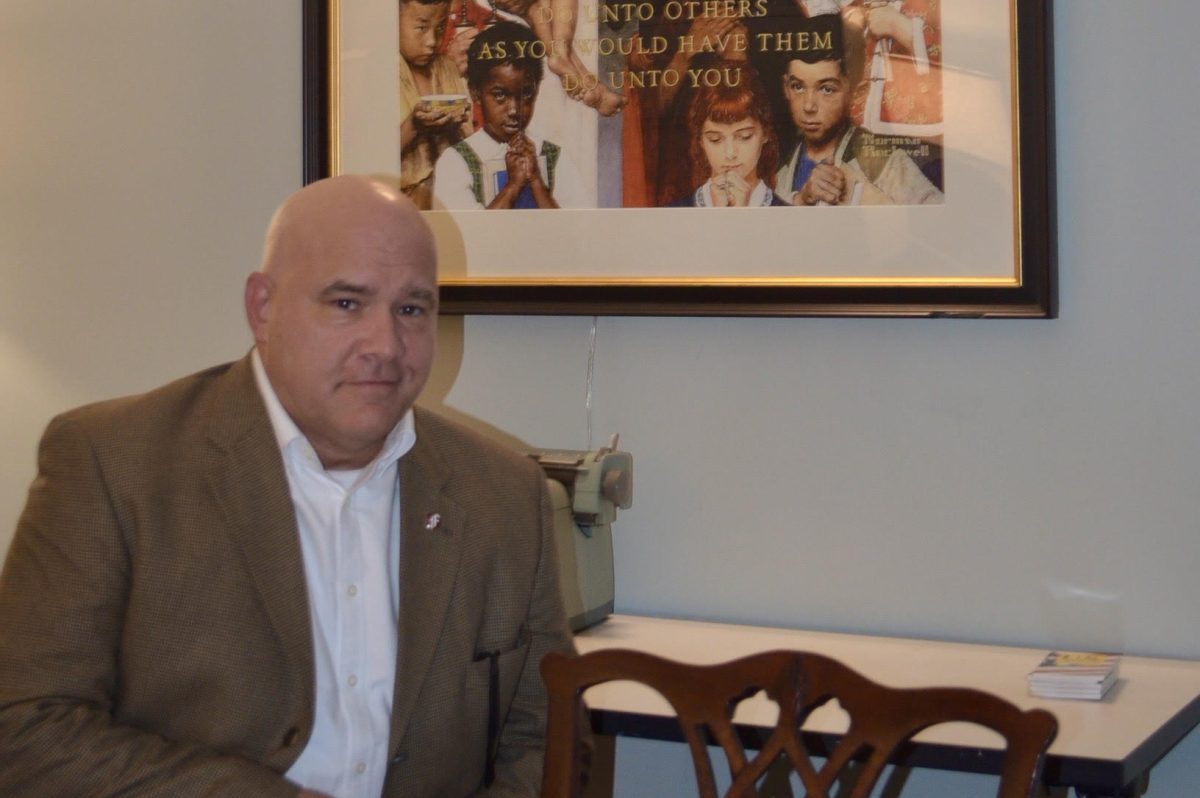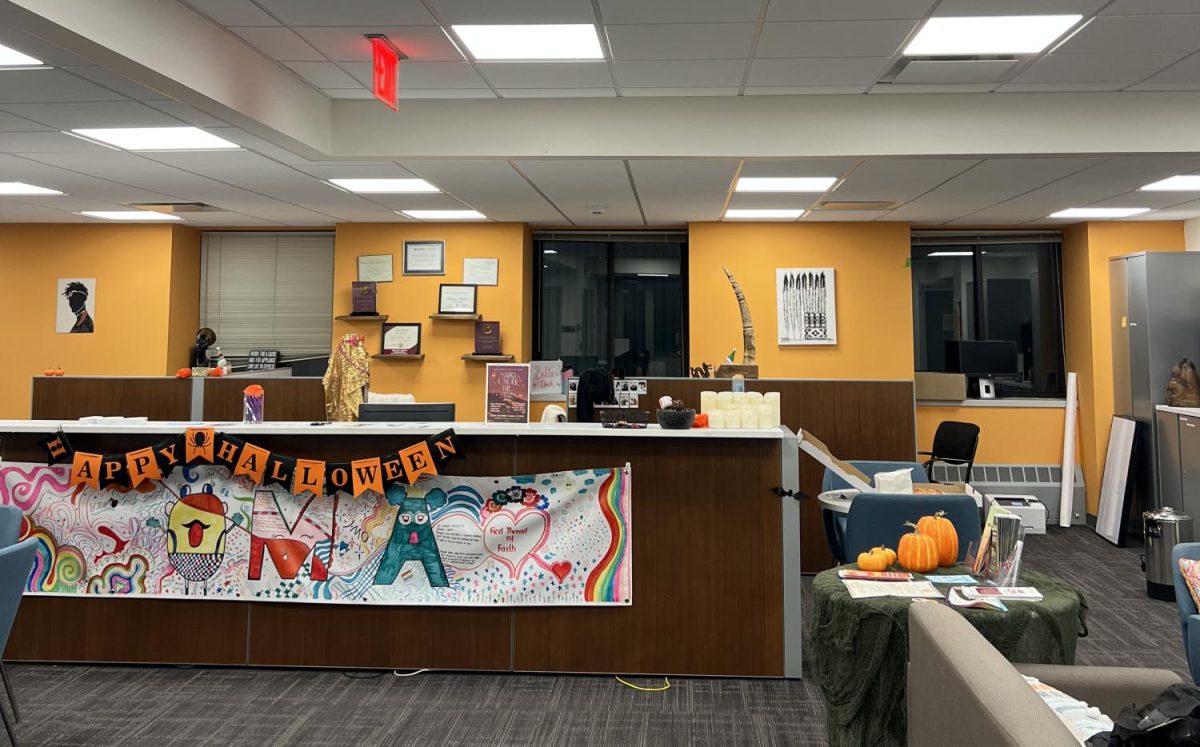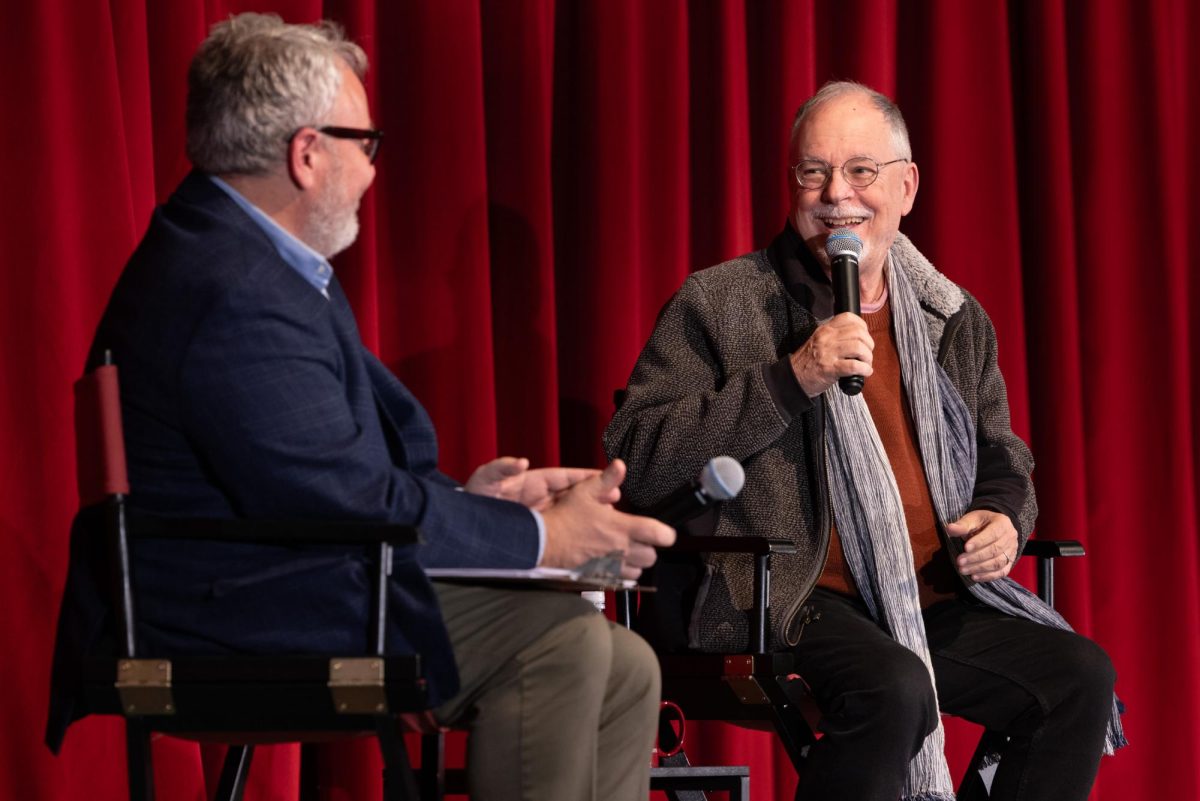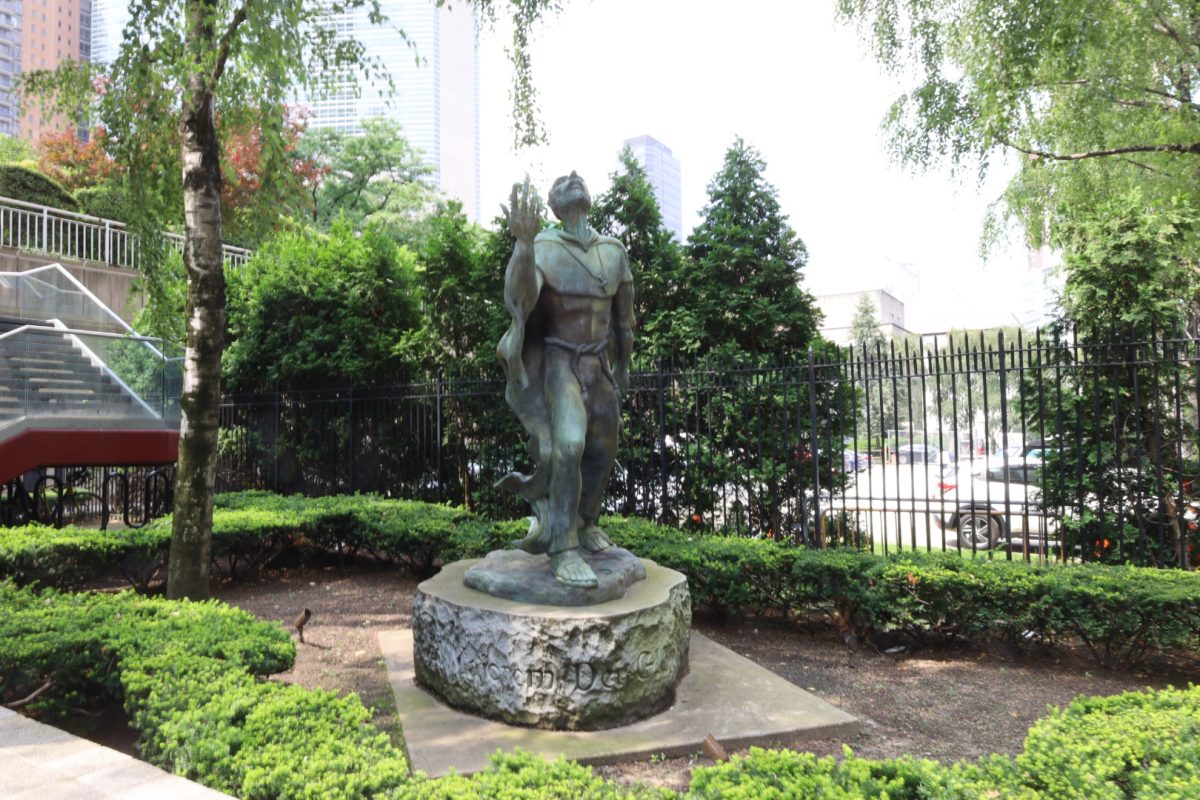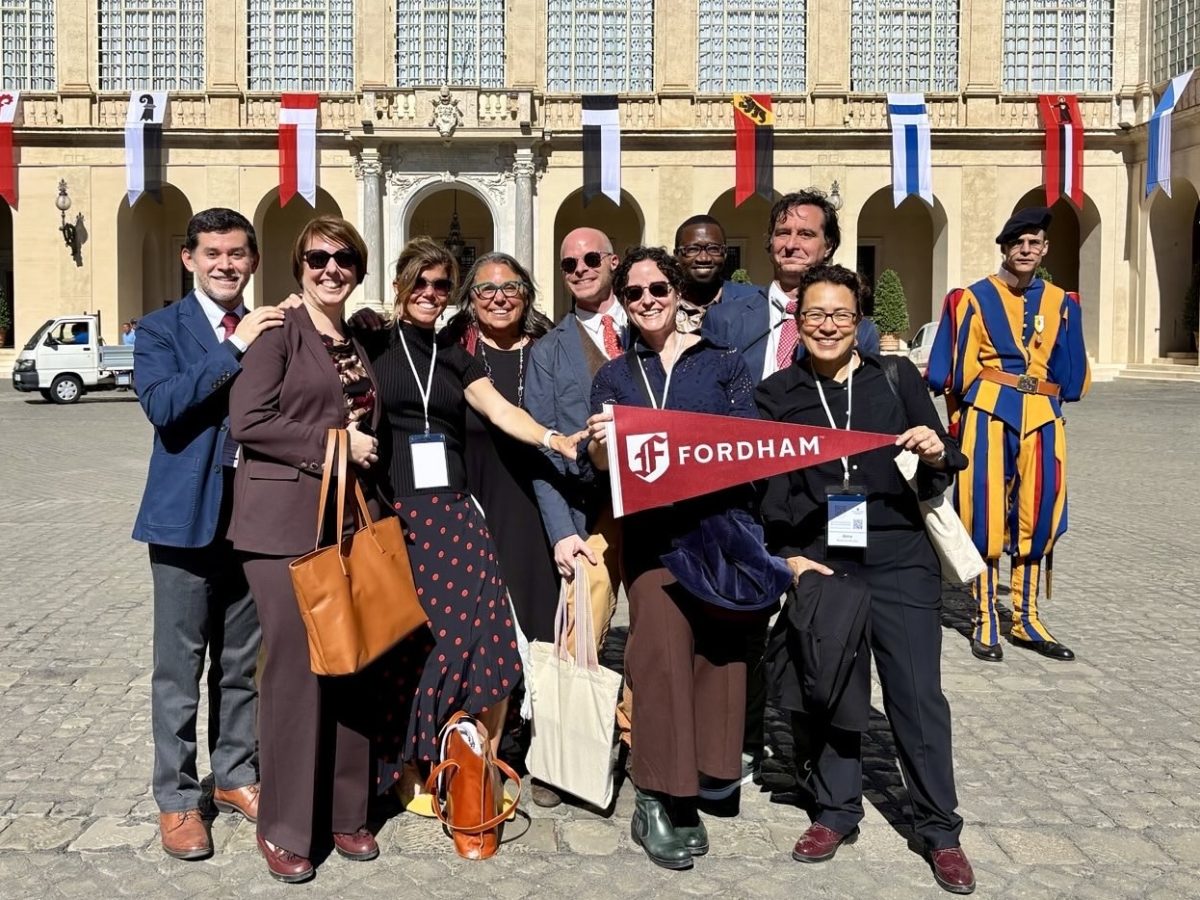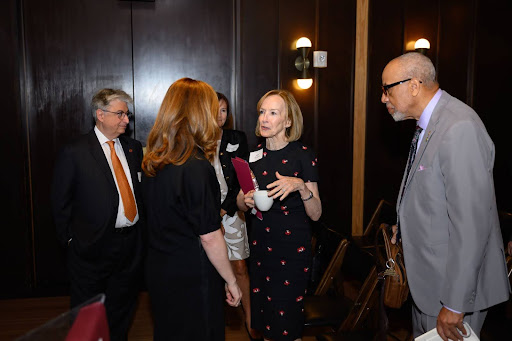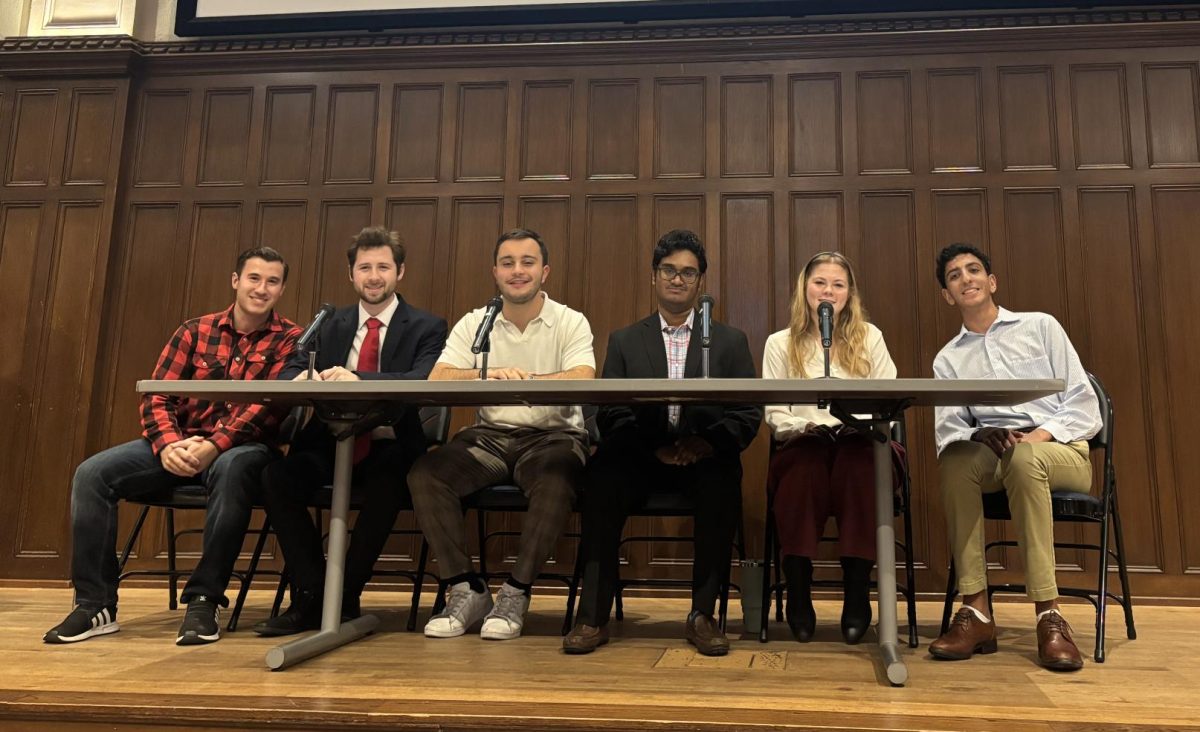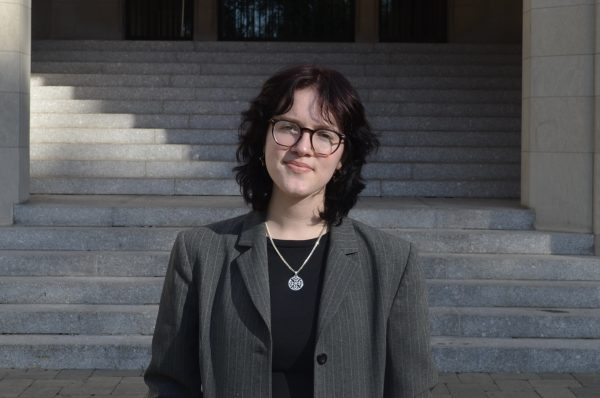After 19 years in the position of dean of students at Rose Hill, Christopher Rodgers is stepping into the role of vice president for Strategy and Operations. He was promoted in May but has since continued to serve in the Dean of Students role. Now, it has been announced that his replacement, Kevin Williams, Ph.D., will fully take over on Nov. 3, though Rodgers said he will aid in the transition.
“It’s very important that the students see the Dean of Students as the person that they can go to,” Rodgers said. “I’m gonna be doing my darnedest to help [Williams] with that transition. But he’s an experienced guy and he already, as a professional, knows what he’s doing along those lines.”
In an interview with The Fordham Ram, Rodgers reflected on his career path that led him to the dean of students position and now the role of vice president for Strategy and Operations.
Rodgers first came to Fordham University in 1992 to pursue his master’s degree, having received his bachelor’s degree from the Catholic University of America in 1990. He worked as a Resident Assistant in Finlay Hall to pay for his degree and eventually became a Supervising Resident Assistant.
“So that became the way to pay for my master’s degree, but I very quickly fell in love with what is essentially kind of applied political science,” Rodgers said.
After 10 years in Residential Life, Rodgers was promoted to dean of students at Lincoln Center in 2002. He served in that position until 2006, when he transitioned to the role of dean of students for Rose Hill.
“The dean of students position is kind of a unique and amazing position in a lot of ways because I feel like it’s really what the university depends on to help the offices that it oversees work with students to create culture,” Rodgers said.
He discussed his desire to hear from students and the initiatives he has taken to provide them with that opportunity. Namely, the Student Life Council (SLC), which holds monthly meetings, allowing students to ask questions and share concerns with staff members and the student government.
“We all show up. We’re ready to have that conversation. We invite people to come and tell us what we’re not doing well, tell us what they agree with, tell us what they don’t agree with,” he said.
When asked, Rodgers also commented on being investigated by the university in 2017 for a possible Title IX violation, though he was ultimately found not to be in violation by a third-party law firm hired by the university.
“ I like to think that student affairs is here, and universities are here to have those difficult conversations,” he said about the experience. “And I like to think we’ve been willing to have those difficult conversations. So, that’s been a hallmark of my tenure as dean of students. There’s no question.”
Rodgers said that he enjoyed serving as the dean of students, primarily because of its day-to-day nature.
“I thrive on the pace of the dean of students’ job … The pace is super high cadence,” he said. “ I think that the job is built for someone who may have attention deficit disorder because if you thrive on having something new come across your desk every few hours, this is the job for you.”
Rodgers also said that he is looking forward to his new role because it will allow him to focus more on the university’s future and its strategic plan. Specifically, in his new position, he hopes to clarify the role of Student Affairs to students and help Fordham continue to live out its Jesuit mission.
“Just because we’re Jesuit, we don’t get to rest on our laurels and be satisfied with how we’re doing things,” he said. “We are constantly challenged to say, okay, that was good, but how do we do it better? How can we fix it? How do we deliver on our mission in a better way?”
Part of Fordham’s updated strategic plan and branding is the concept of “One Fordham,” which aims to reduce the divide between the Rose Hill and Lincoln Center campuses. Rodgers wants students to feel like they’re accessing all Fordham has to offer, from the London campus to the Calder Center, while also experiencing the close-knit community.
“ The resources and the economies of scale are really advantageous to students, but the community makes you feel like it’s a smaller place than maybe it really is,” he said.
Rodgers’ new office as vice president for Strategy and Operations will be located at Lincoln Center, partly due to evening out the spread of senior staff across campuses, and also because a part of his new role involves working with the Marketing and Communications department, which resides at Lincoln Center.
As Rodgers moves into his temporary Cunniffe House office and eventually his new permanent office at Lincoln Center, he has to say goodbye to his office in the McShane Campus Center, a place he has worked to make his own.
“As a young professional, I always admired various people around the university and their offices and the stuff they have on their shelves,” he said. “And so I wanted to collect those same things and give that same experience to people, students especially, who were coming here to meet with me and make it sort of almost like an informal Fordham museum.”
In his new role, Rodgers will be spending less time with his students, but he still wants to find time to engage with the student body.
“I spend a lot of time with students, but I always wanna spend more time with students,” he said. “There will be a little bit less contact with students, so I’m gonna have to seek out very intentional opportunities to work more often with [them].”



































































































































































































